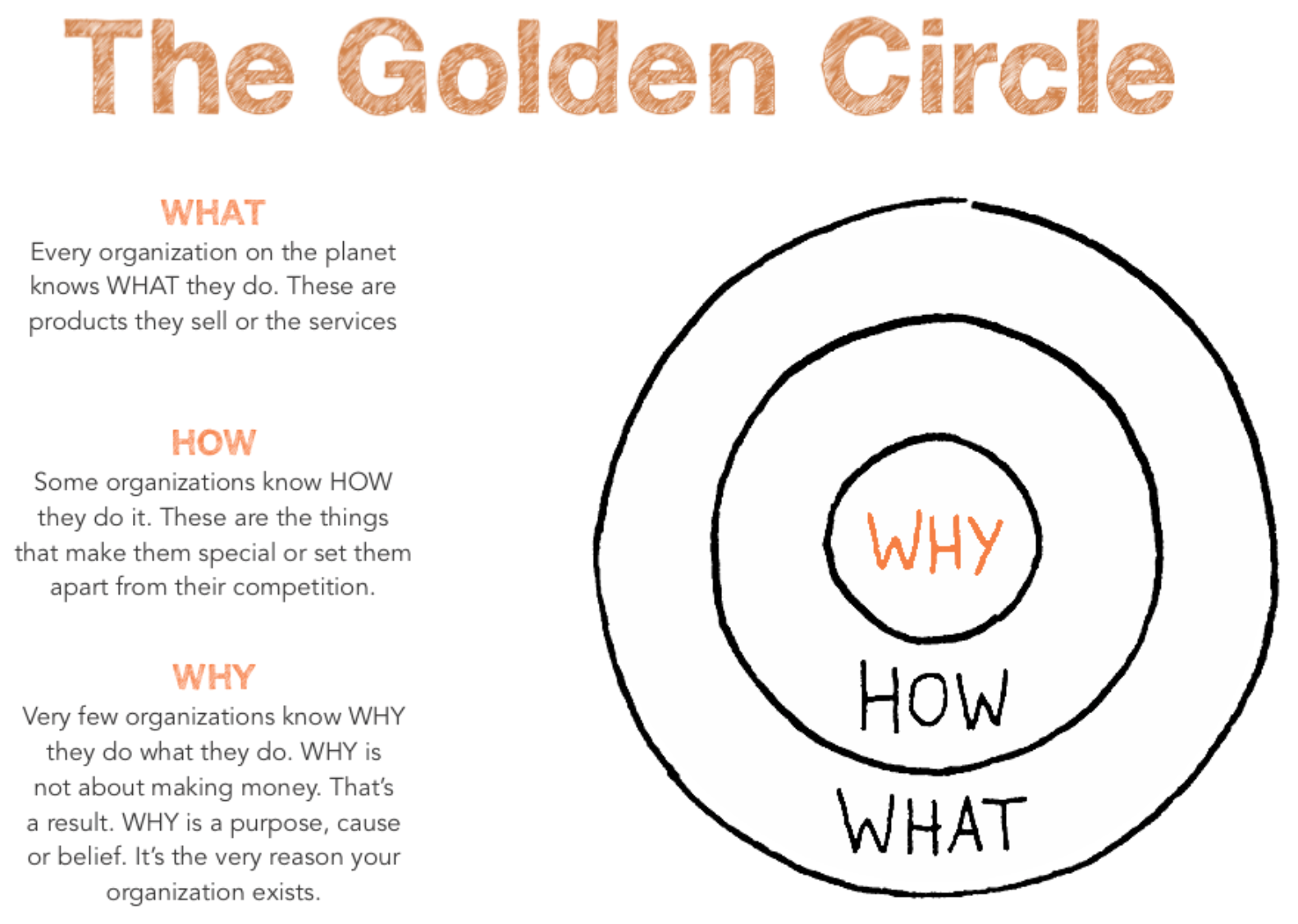Startups usually work with very limited funding so spending on marketing becomes a low priority. But without marketing, how will potential customers know about your product or service? And even if you get the attention of your prospects, it takes hard work to build your reputation, earn their trust and convince them to part with their hard-earned money. With some creativity and perseverance, you can apply cost-effective strategies that can make a big difference in startup marketing.
Focus on Branding
It is often assumed that B2B buyers are rational professionals driven by their business goals so branding is unnecessary. But branding goes beyond the usual visual and emotional cues employed by B2C marketers to sell products. It communicates the larger ideals and characteristics that embody your organization.
Simon Sinek, a famous author of the book Start with Why talks about companies that have achieved extraordinary success by understanding and articulating the core of their business. He illustrates his idea through what he calls the Golden Circle. What you make and how you make it is only secondary to your purpose.
To make people care about your business, you must embody your core value proposition. Why does your company exist, what does it stand for, and what is its vision for the future? The answers to these questions will be the foundation of your branding strategy that will differentiate your company from competitors.

Create Useful Content
B2B buyers are smart and experienced and they take it upon themselves to learn as much as they can before any purchase decision. You must establish yourself as an authority in your industry by developing top-notch content that educates and provides solutions to your prospects’ business challenges.
The Internet presents new channels to share your content. You must stay on top of the platforms where customers get information. Provide them resources through various digital touchpoints including your website, social media accounts, and industry forums.
LinkedIn is considered one of the most important channels to reach your buyers, followed by Twitter, Facebook, and Youtube. These networks are essential in making sure that the information you provide is accessible to buyers so that you remain top-of-mind when they are ready to purchase. Overseeing these platforms can be time-consuming especially if you have a small team. Useful social media management tools such as Hootsuite or Buffer allow you to schedule your posts all at once so you can save time and focus on other aspects of your startup.
People are getting more and more dependent on their smartphones, so make sure your website is mobile responsive. You can bet a website that is not mobile ready and frustrating to use will find its audience getting information elsewhere. This would mean many lost opportunities that your startup seriously needs to grow and expand.
Email marketing is also a great way to reach out to your prospects. Your website should encourage visitors to leave their contact information through landing pages or exit pop-ups. Once you get their permission to receive email communication, you can send them targeted content that highlights the benefits of your product or service. This helps you overcome buying objections, and builds trust and confidence in your organization.
Give Cold Calling a Try
Most startup entrepreneurs don’t look forward to cold calling. Many consider the task a painful exercise. Your state of mind will determine the outcome of your outreach so keeping positive is key. One strategy is to think of the activity as simply a way to introduce yourself and your company to your target.
To increase your success rate, don’t jump in unprepared. Your target list must be prequalified and you should have at least done some research on your prospect. This is where Linkedin comes in handy since it lists important job information that you can use to develop a rapport with the potential customer. Start with a script to guide you and keep your conversation on track. Practice a tone of voice that is businesslike yet open and warm. Limit your call to 3 – 5 minutes. You are on a prospecting mission, not a leisurely chat.
Conclusion
As an entrepreneur strapped for time, we know that marketing may be the last thing on your mind. You must be thinking that a great product or service should already sell itself. But if you can’t get your message across, you will lose out to the competition. These simple strategies, if done correctly, can have a big impact on your marketing efforts without breaking the bank.
If you would like to learn more about digital marketing, subscribe to our monthly startup and small business newsletter or contact us to find out how we can help.

